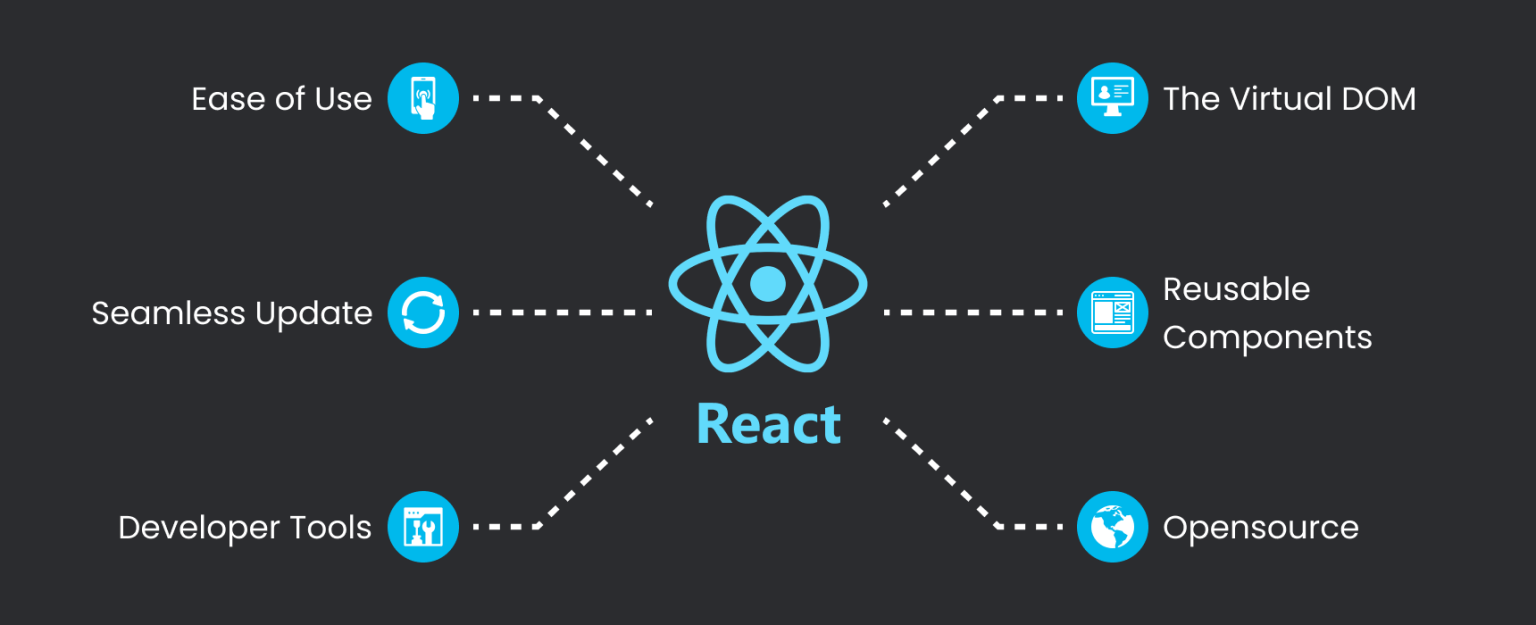
Introduction
When developing a React application, running it on localhost is an essential step for testing and debugging before deploying it to production. In this tutorial, I will guide you through setting up and running a React app on your local machine.
Prerequisites
Before we begin, make sure you have the following installed:
- Node.js and npm: Download and install from Node.js official website
- A Code Editor: I recommend VS Code
Step 1: Create a New React App
If you haven’t already set up a React project, you can quickly create one using Create React App:
npx create-react-app my-app
This command will generate a new React project inside a folder named my-app.
Alternatively, if you have yarn installed, you can use:
yarn create react-app my-app
Once the installation is complete, navigate to the project folder:
cd my-app
Step 2: Start the Development Server
To run your React project locally, use the following command:
npm start
Or, if you’re using Yarn:
yarn start
This will start a development server and automatically open your default web browser at:
http://localhost:3000
By default, Create React App runs on port 3000, but if this port is already in use, it will suggest another available port.
Step 3: Customizing the Localhost Port
If you need to run your React app on a different port, you can specify it using an environment variable. Run the following command:
PORT=4000 npm start
This will start the development server on http://localhost:4000.
For Windows (PowerShell):
$env:PORT=4000; npm start
Step 4: Troubleshooting Common Issues
1. Port Already in Use
If you see an error stating that port 3000 is already in use, you can either kill the process using it or run your app on another port as explained above.
To find and kill a process on port 3000 (Linux/macOS):
lsof -i :3000
kill -9 <PID>
For Windows (Command Prompt):
tasklist | findstr "node"
taskkill /F /PID <PID>
2. npm start not working
If npm start doesn’t work, try the following:
-
Ensure you are inside your React project directory (
cd my-app). -
Run
npm installto reinstall dependencies. -
Delete the
node_modulesfolder andpackage-lock.json, then reinstall:rm -rf node_modules package-lock.json npm install
Conclusion
Running a React project on localhost is a fundamental skill for web developers. With this setup, you can develop and test your application before deploying it. If you run into issues, feel free to reach out or leave a comment below!
Have suggestions or found a bug? Let me know! I’m always happy to improve and help.